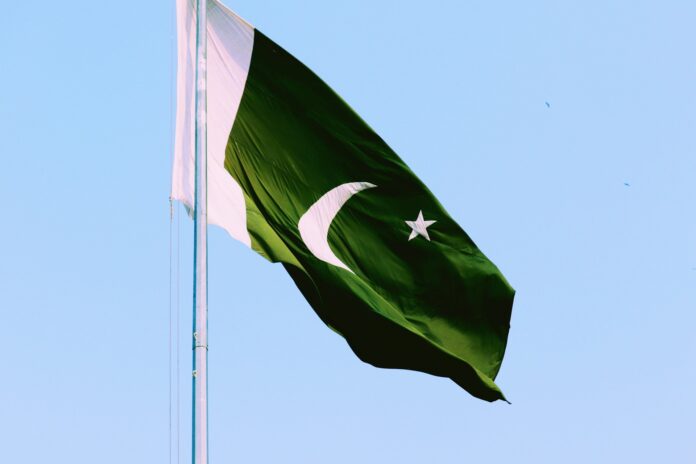Leaders from various political parties in Pakistan defend the legality of their Dubai properties, confirming prior declarations
Following the recent release of a comprehensive dataset detailing foreign-owned properties in Dubai, several Pakistani politicians have quickly responded, asserting the legality of their property ownership. The data, which covers property transactions between 2020 and 2022, was disseminated by the Center for Advanced Defence Studies (C4ADS), a Washington D.C.-based non-profit organization specializing in global security issues.
Among those named in the dataset are prominent Pakistani political figures such as PPP Chairman Bilawal Bhutto Zardari, along with his siblings Bakhtawar and Aseefa, and the wife of Interior Minister Mohsin Naqvi, Ms. Ashraf. Others listed include Sindh Information Minister Sharjeel Memon, MNA Ikhtiar Baig, and several relatives of high-profile politicians and military officials.
Embed from Getty ImagesIn a collective rebuttal, the politicians emphasized that there is no novelty or illegality in the revelation as all assets have been duly declared in Pakistan. A spokesperson for Bilawal Bhutto Zardari, Zulfikar Ali Bader, commented that the properties mentioned are long known to the public and listed with both the Election Commission of Pakistan (ECP) and the Federal Board of Revenue (FBR).
“The accusation holds no substance as the information is neither new nor clandestine,” Bader remarked, asserting that the properties were acquired legally and have been in the family since the times they lived in exile. He sternly warned against any defamation attempts stemming from these reports.
Similarly, Interior Minister Mohsin Naqvi confirmed that the property registered in his wife’s name was not only declared but also included in tax filings and official disclosures as part of his tenure as caretaker chief minister of Punjab. He also noted that this property has since been sold and replaced with a new one funded by the sale.
PTI representative Sher Afzal Marwat also acknowledged ownership of a Dubai apartment, clarifying that it has been declared to all relevant authorities for the past six years. “The records are there to confirm this at the FBR and ECP,” he stated.
Analysis:
Political Perspective:
The defensive posture adopted by the Pakistani politicians reflects a broader strategy to maintain public trust amidst potential allegations of impropriety. By affirming the legality of their foreign investments, these leaders seek to prevent any political fallout that could affect their standings, particularly with national elections on the horizon.
Sociological Perspective:
This incident highlights the pervasive issue of elite mobility and property acquisition in foreign lands, reflecting socio-economic disparities. The public’s reaction to these revelations will likely vary, with some seeing this as a norm among the elite, while others may view it as indicative of deeper issues of wealth distribution and transparency in governance.
Economical Perspective:
The emphasis on legally declared foreign properties by Pakistani politicians points to the complex interplay between global real estate and local economic policies. The declarations serve not only as a compliance measure but also as a tactic to affirm the politicians’ economic transparency, which is crucial for fostering domestic and international business confidence.
Local Perspective:
For the local electorate, the assurances from their leaders about transparency may provide some reassurance. However, the extent to which these declarations affect voter sentiment will depend on ongoing media coverage and public discourse. It remains to be seen how this will play out in the political landscape of Pakistan, where issues of corruption and accountability are often at the forefront of electoral debates
